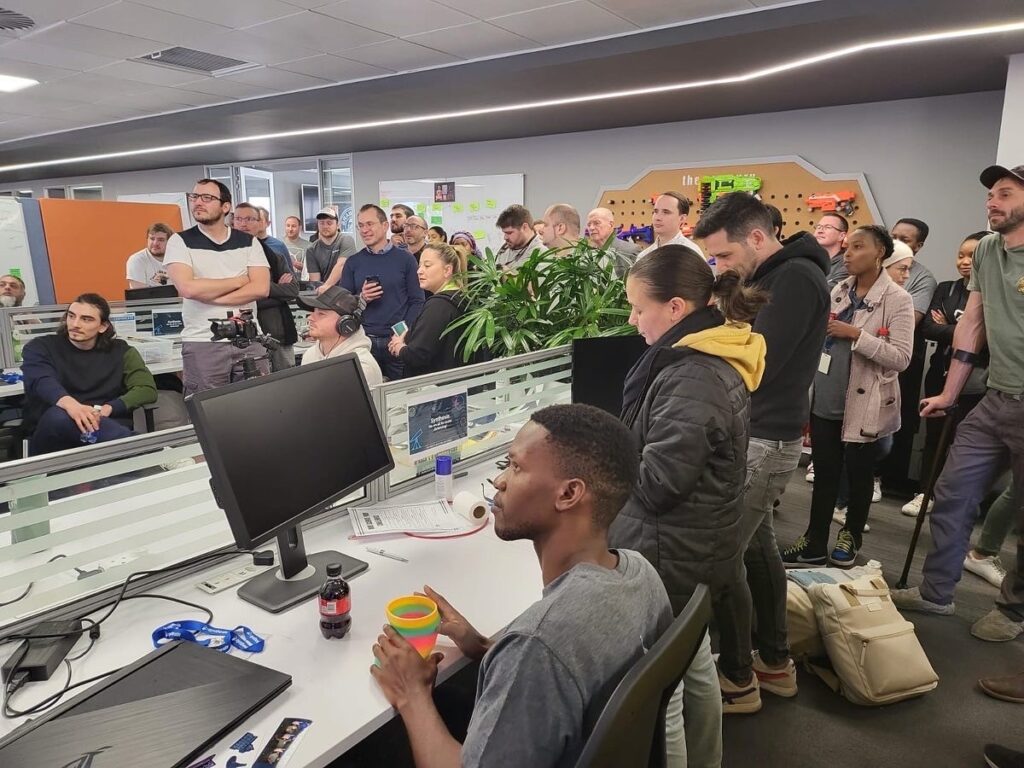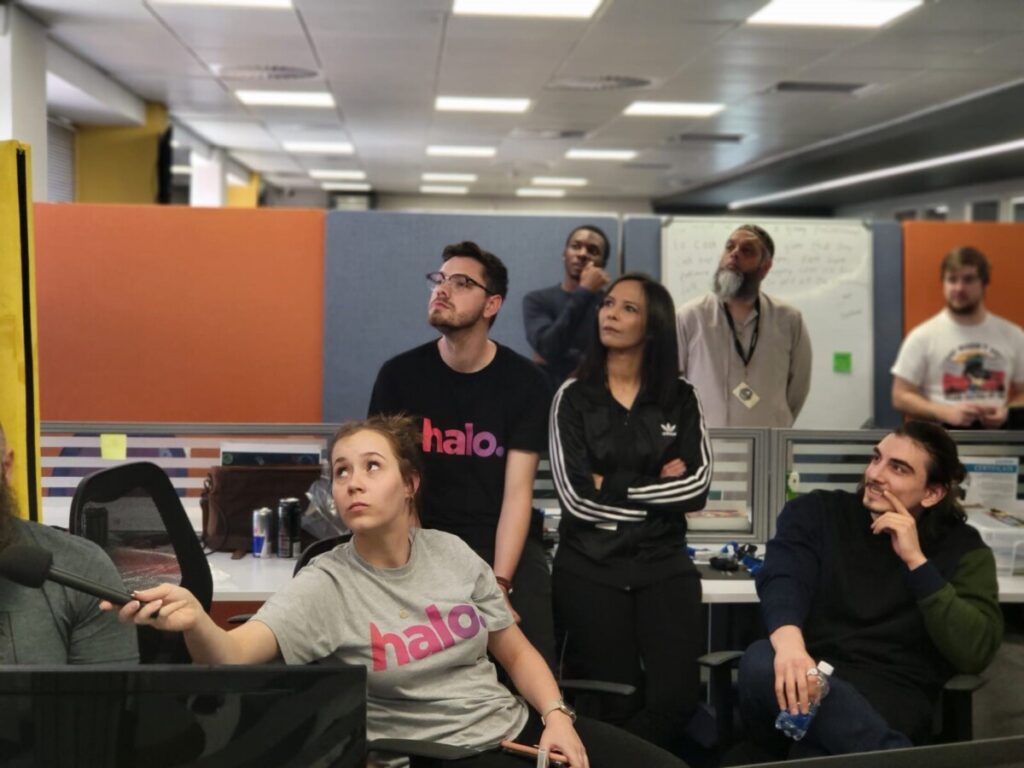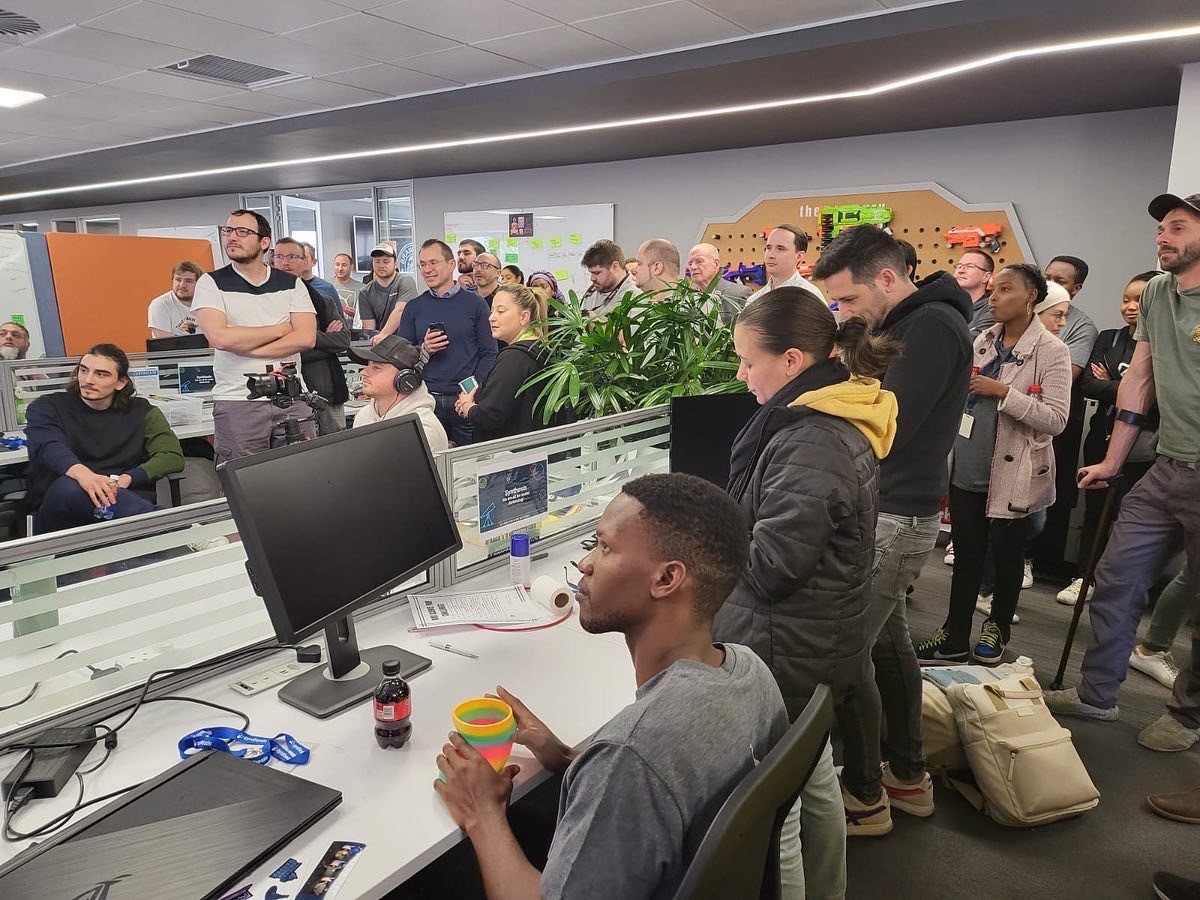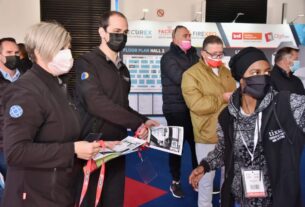I am a sucker for microcosms. Ever since I first read William Golding’s Lord of the Flies, and my then English teacher explained that the events on the island were an illustration and reflection of the world, I have looked for microcosms under every rock. Sometimes I have even found them.
Last week I attended a “hackathon” hosted by a software company in Johannesburg. Contrary to its infiltrating sort of name, a “hackathon” has nothing to do with breaking into anyone’s private domains. Rather it’s when a group of technical-minded people get together and try and solve an identified problem. They do this in a limited amount of time by “hacking” together technical solutions. The event is often competitive in nature, relies on way too much caffeine and sugar, and way too little sleep. The combination of factors often results in solutions and ideas that are innovative and astounding.
The event that I attended, consisted of 15 teams, some Johannesburg and some Cape Town based. Teams were comprised of around 7 people with varying skills. They were diverse and represented every aspect of South African life: not by design, but because of skills and willingness to contribute to the cause. Each group had a problem to solve within 24 hours. At the end of the 24-hour period, they would have a limited amount of time to present their solution and were judged on key factors.
Participants loved it. Teams were not constrained by a client’s requirements and by the need for sleep. Meals and support were provided and they were left alone to get on with the task without distraction.
All they had to do, was work as a team in a team, think out the box, dig deep, employ the latest technology and produce magic. Around 1 am, I found my microcosm.
Whilst the teams were hard at work, I began to wonder what would happen if we did the same with South Africa. Imagine if we made teams and got people together to solve the problems faced by the country. Imagine if a few groups focused on electricity, others on education, some on the economy and others on healthcare. Imagine if their only focus for a limited period was to better lives around them and that after 24 hours, they would leave knowing that they had worked their hardest and that they had improved the situation for everyone around them.
Imagine if it wasn’t 24 hours but 4 years and that we could vote the teams into action. Imagine if our politicians viewed the challenges with the same enthusiasm as the hackathon teams did and that they recognised that the opportunity to do change lives, was limited: which would mean putting everything into the time available.
I imagine that loadshedding would not stand a chance. Nor would the health crises, crime, or the challenges around education. I imagine a different country.
South Africa has shifted slightly over the last few months. Small though it might be, there is a sense that we are on the cusp of positive change. Whereas it might be way too early to pop the champagne, now might be the time to at least to consider chilling a few bottles.
It might be that South Africa is heading towards spring. It might be that loadshedding, although present, has been limited or it might be that there is a sense that the African National Congress is not infallible. It also might be that there is a recognition that there is no country without its challenges, especially those exacerbated by the Russian invasion of Ukraine.
But there are buds of positivity that I have not seen in a while. What the hackathon illustrated, is that with the right approach, attitude and caffeine, the most complex challenges are resolvable. It illustrated that gender and race matter not one bit and that when teams have a common and identifiable goal, amazing things happen.
What is clear to me is that the answer to our challenges is in the hands of South Africans who understand that time is limited, the outcome clear and the possibility is endless.


By Howard Feldman, Head of Marketing & People at Synthesis.




